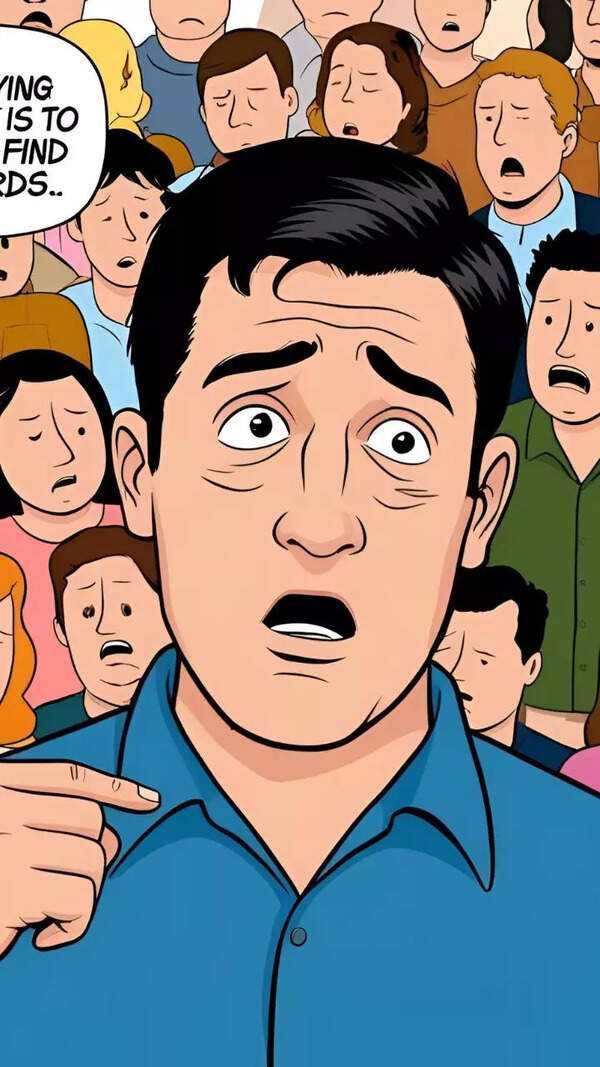- News
- Technology News
- Tech News
- Microsoft founder Bill Gates is predicting 2 days work week in next 10 years and why it is Bad news
Trending
Microsoft founder Bill Gates is predicting 2 days work week in next 10 years and why it is Bad news
Bill Gates predicts AI will drastically reduce the need for human labor, potentially leading to a two-day workweek within a decade. He highlights AI's impact on medicine and education, offering widespread access to medical advice and tutoring. While human-centric activities like sports remain, manufacturing, logistics, and food production will largely become automated solutions.
Bill Gates predicts AI could lead to a two-day workweek within a decade, citing rapid automation. The Microsoft co-founder suggested AI's advancement will significantly reduce the need for human labour, highlighting potential AI impacts on professions like medicine and education, envisioning widespread access to AI-driven services.“And it's [AI technology] kind of profound because it solves all these specific problems, like we don't have enough doctors or mental-health professionals but it brings with it kind of so much change,” Gates said on “The Tonight Show” aired in February but has gone viral recently.“You know, what will jobs be like? Should we, you know, just work like 2 or 3 days a week? So I love the way it'll drive innovation forward, but I think it's a little bit unknown,” he added.
Gates shares two professions that will be most impacted by AI
End of Article
Latest Mobiles
Follow Us On Social Media




















